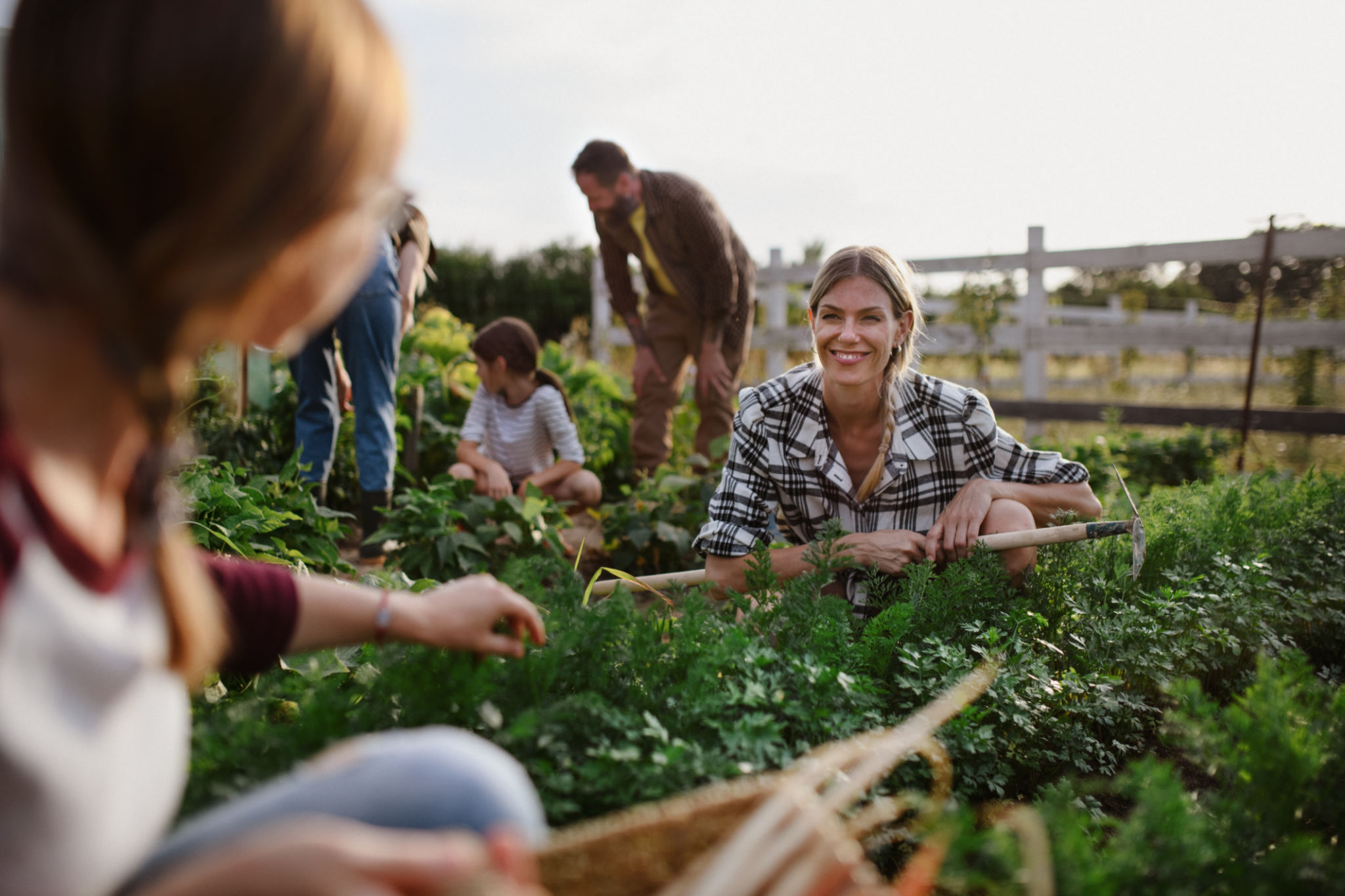How to Implement Eco-Friendly Farming Solutions in the UAE
Understanding the Importance of Eco-Friendly Farming
In the United Arab Emirates, agriculture faces unique challenges due to its arid climate and limited water resources. Implementing eco-friendly farming solutions is crucial for sustainable growth in the region. These methods not only help conserve resources but also promote biodiversity and improve soil health, ensuring long-term agricultural productivity.
Eco-friendly farming practices include a range of techniques that reduce environmental impact. By adopting these strategies, farmers can contribute to a healthier ecosystem while maintaining profitability. From reducing water usage to minimizing chemical inputs, sustainable farming is the way forward.
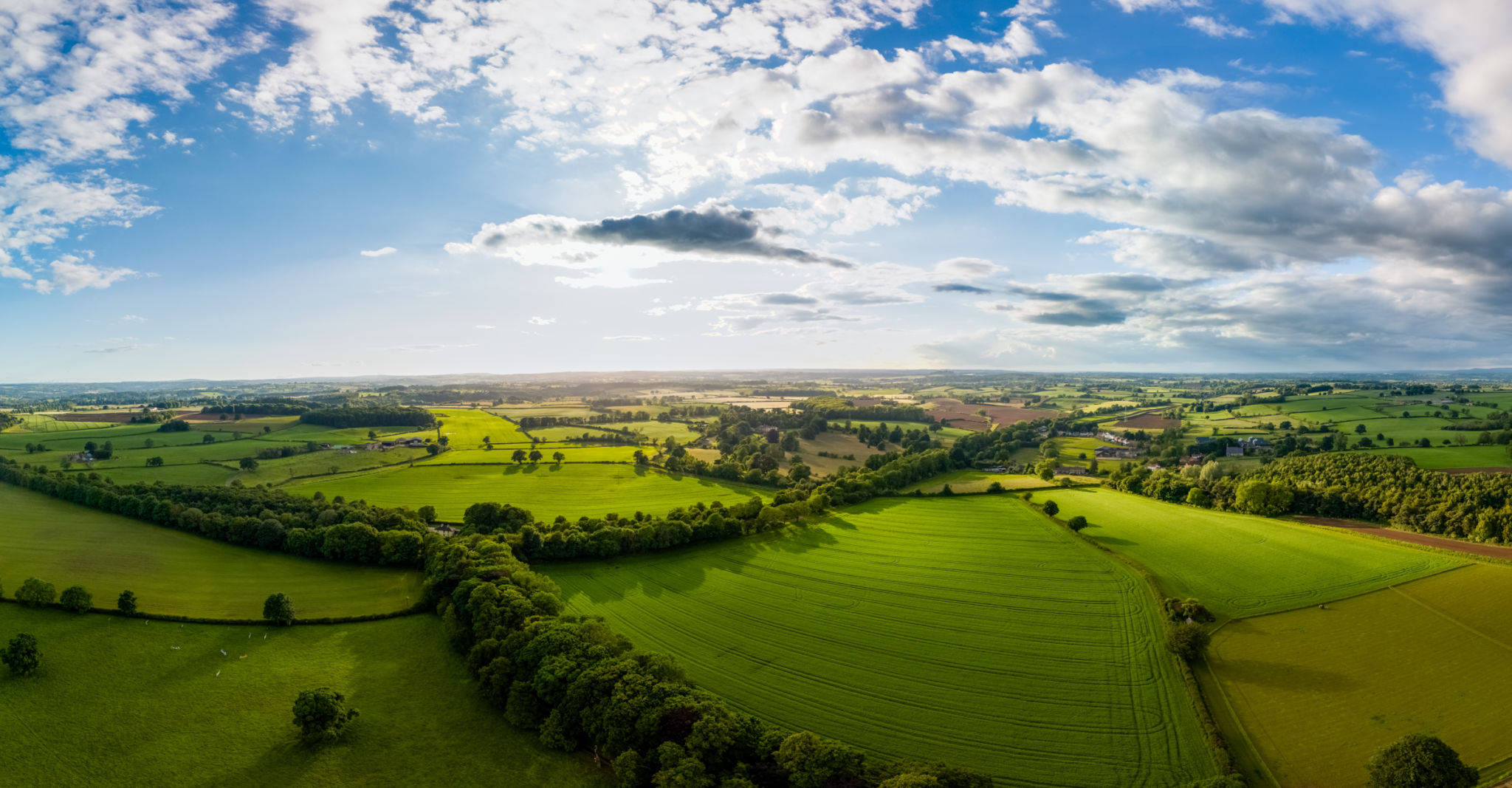
Water Conservation Techniques
Water scarcity is a significant concern in the UAE, making water conservation techniques essential for sustainable farming. One effective method is drip irrigation, which delivers water directly to plant roots, reducing wastage. This system can be automated to ensure optimal water use, even during peak temperatures.
Another approach is rainwater harvesting, where rainwater is collected and stored for agricultural use. This method reduces reliance on groundwater and can be integrated with existing irrigation systems. Additionally, farmers can implement soil moisture sensors to monitor and manage water usage more efficiently.
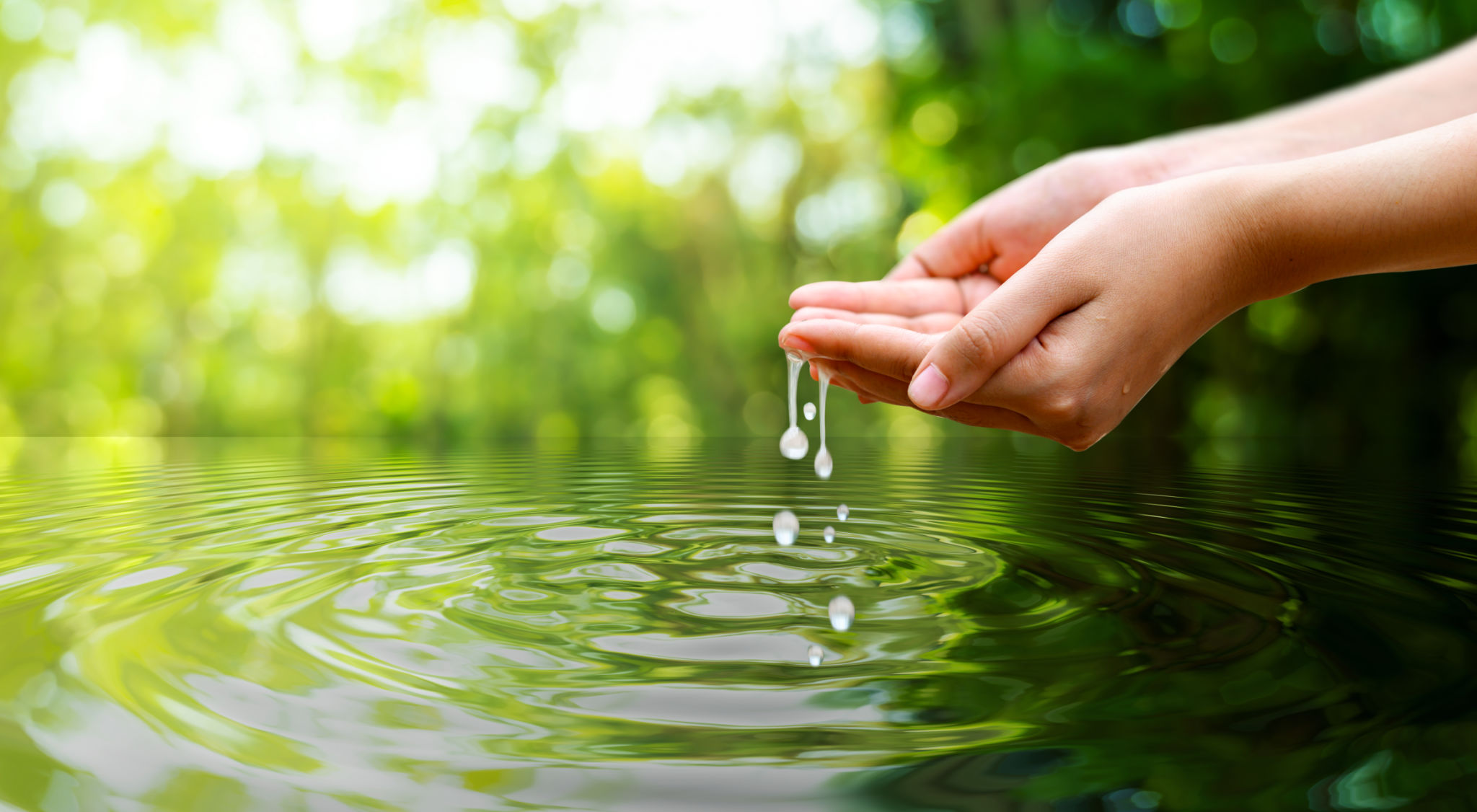
Soil Management Practices
Healthy soil is fundamental for productive farming. In the UAE, soil management practices such as crop rotation and cover cropping can significantly improve soil health. Crop rotation helps prevent soil depletion by alternating crops that require different nutrients, while cover crops protect the soil from erosion and enhance organic matter content.
Moreover, using organic fertilizers instead of chemical ones can improve soil structure and fertility. Composting organic waste from the farm and using it as fertilizer is an excellent way to recycle nutrients and reduce dependency on synthetic inputs.
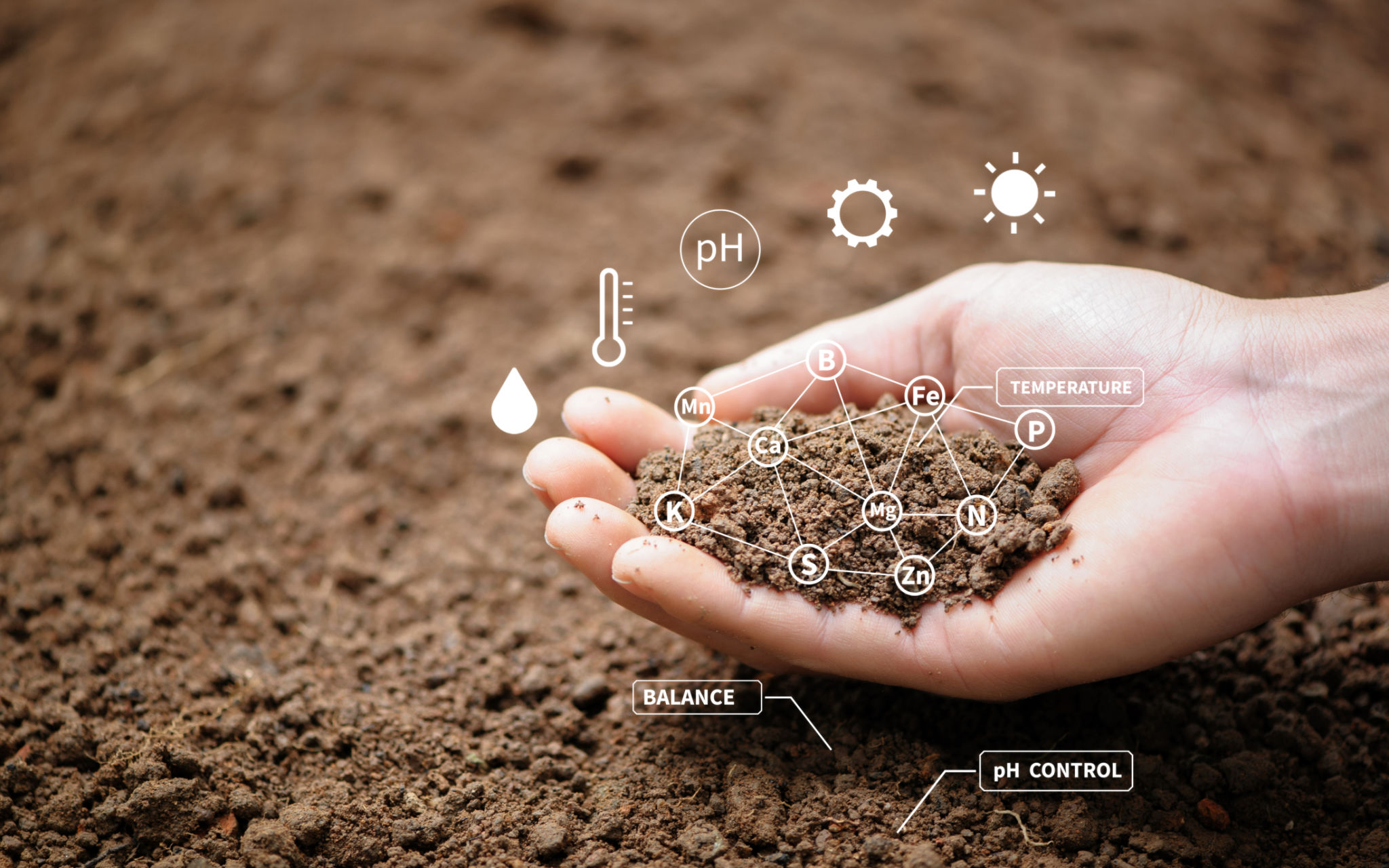
Integrated Pest Management
Pest control is vital in maintaining crop health and yield. Integrated Pest Management (IPM) combines biological, cultural, and mechanical practices to control pests with minimal environmental impact. Farmers can introduce natural predators like ladybugs or use pheromone traps to manage pest populations effectively.
Another aspect of IPM is selecting pest-resistant crop varieties, which reduces the need for chemical pesticides. By monitoring pest levels and employing targeted interventions, farmers can protect their crops while preserving ecological balance.
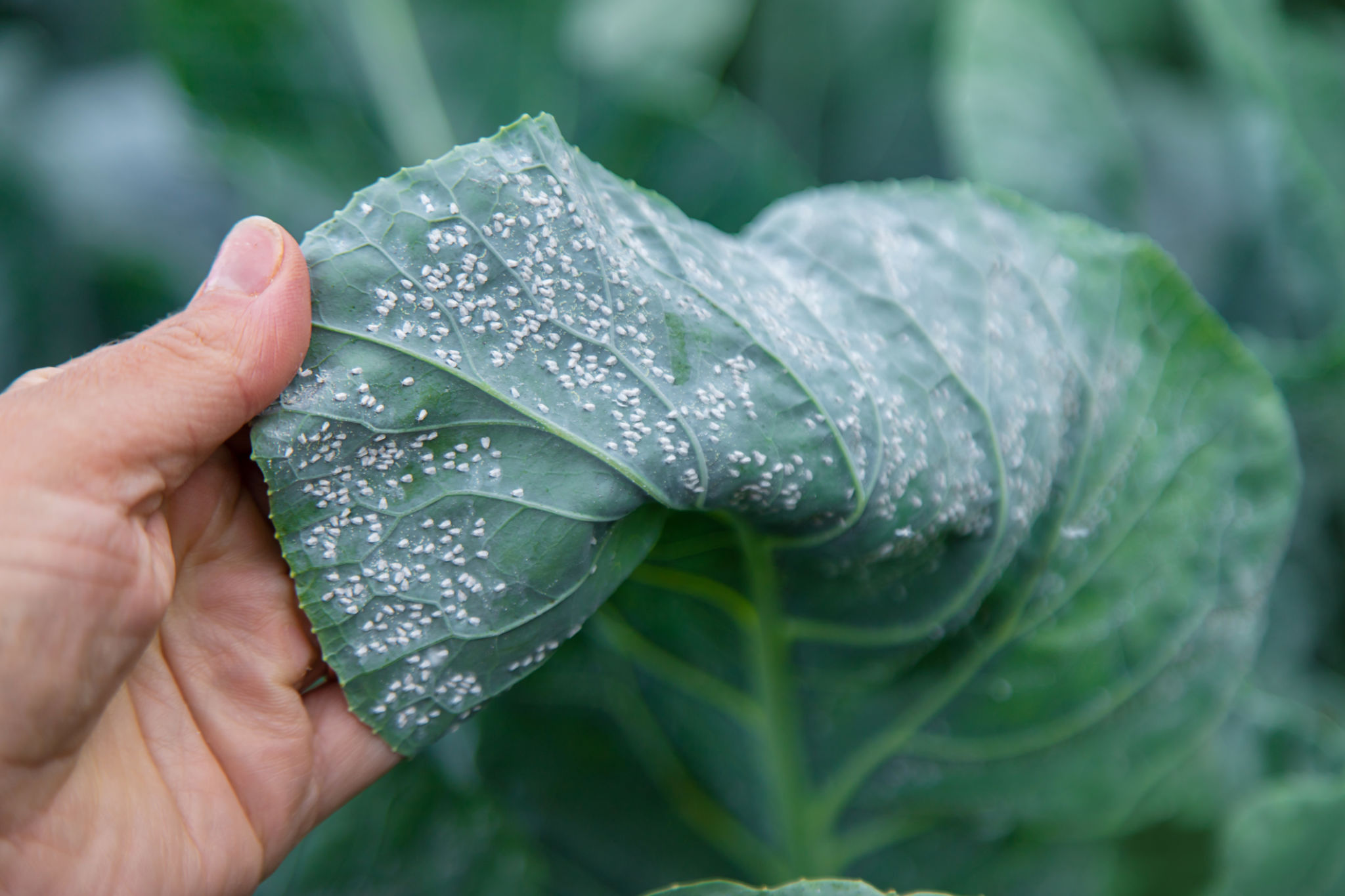
Renewable Energy Utilization
Utilizing renewable energy sources can significantly reduce the carbon footprint of farming operations. Solar panels are an excellent option in the UAE due to abundant sunlight. Farmers can use solar energy to power irrigation systems, greenhouses, and cooling facilities, reducing reliance on fossil fuels.
Additionally, wind energy can be harnessed in certain areas to supplement electricity needs. By integrating renewable energy solutions, farmers not only cut costs but also contribute to a cleaner environment.
Community Engagement and Education
For eco-friendly farming to thrive, community engagement and education are essential. Workshops and training sessions can educate farmers about sustainable practices and technologies. Sharing success stories and best practices encourages more farmers to adopt eco-friendly methods.
Collaborations with government bodies, NGOs, and academic institutions can provide farmers with the resources and support needed to transition to sustainable farming. By building a network of informed and committed farmers, the UAE can make significant strides towards sustainable agriculture.
